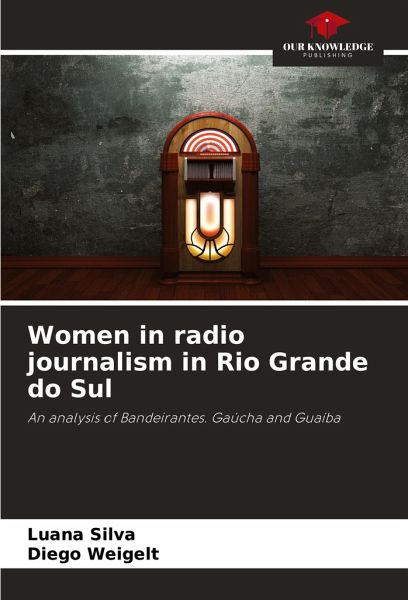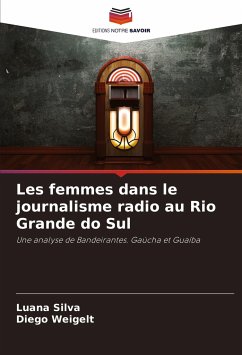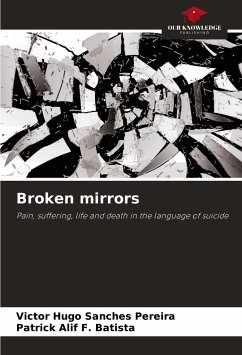
Women in radio journalism in Rio Grande do Sul
An analysis of Bandeirantes. Gaúcha and Guaíba
Versandkostenfrei!
Versandfertig in 6-10 Tagen
27,99 €
inkl. MwSt.

PAYBACK Punkte
14 °P sammeln!
As a female journalist and admirer of radio journalism, I have always wondered why there are so few women from Rio Grande do Sul working in radio. This question led me to develop this book, Women in radio journalism in Rio Grande do Sul: an analysis of Bandeirantes, Gaúcha and Guaíba radio stations, in which I sought to explore elements of women's participation in radio in Rio Grande do Sul. My aim was to understand the current scenario of women's work in radio journalism in Rio Grande do Sul by analysing the activities of female journalists on the radio stations, what adversities they face ...
As a female journalist and admirer of radio journalism, I have always wondered why there are so few women from Rio Grande do Sul working in radio. This question led me to develop this book, Women in radio journalism in Rio Grande do Sul: an analysis of Bandeirantes, Gaúcha and Guaíba radio stations, in which I sought to explore elements of women's participation in radio in Rio Grande do Sul. My aim was to understand the current scenario of women's work in radio journalism in Rio Grande do Sul by analysing the activities of female journalists on the radio stations, what adversities they face on a daily basis and whether or not there is prejudice within the stations. To this end, five journalists who work at Gaúcha, Guaíba and Bandeirantes radio stations in Porto Alegre contribute by telling us a little about their careers in radio journalism. This book takes a historical look at the history of radio, women and communication in the world, Brazil and Rio Grande do Sul. I hope you enjoy reading it. Cheers.














